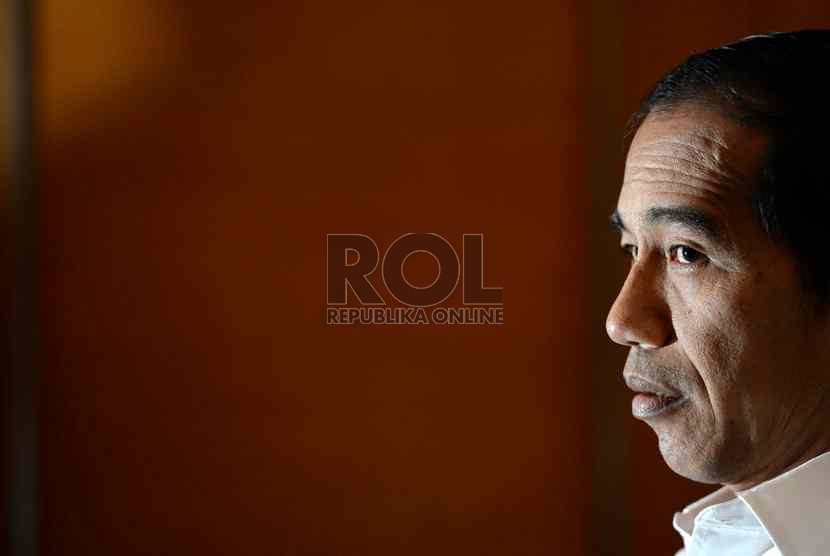REPUBLIKA.CO.ID, JAKARTA -- President Joko Widodo (Jokowi) has asked university rectors to come up with bold steps to make big breakthrough to improve the quality of the country's education, a presidential spokesman said. He conveyed the message during a at the opening of the Campus Convention and annual meeting of university rectors at the Hasanuddin University in Makassar on Thursday.
According to Deputy for Protocol, Press, and Media at the Presidential Secretariat Bey Machmudin in a statement here on Friday, the president's speech concerned the government's program to improve the quality of human resources. The president said development of human resources has been a priority in the government development program by providing access to health care through the Healthy Indonesian Card Program.
In addition there is access to education through Smart Indonesia Card Program (KIP), scholarship in vocational school and expansion of vocational training," Jokowi told the rectors from all over the country. "Bold steps are needed. Starting this year we have to come up with breakthrough after breakthrough in education more specifically in high educational institutions," he said.
He said breakthroughs have to be more significant in education than in the infrastructure development program already launched over the past three years. He said he was convinced that the rectors are aware of the big steps taken by the government in infrastructure development building bridges, highways, seaports, airports, water reservoirs and power generating plants in frontier and isolated areas hardly touched by modernity in the past years.
The president pointed to infrastructure condition in Papua. Absence of adequate road infrastructure is a big drag for the mobility of the people and goods, he said, adding in Papua it takes two to three days to cover a distance of 100 kilometers against only two to three hours in Java.
"It is impossible for us to compete well facing other countries with such condition that would require high logistic and transport costs," he added.
Therefore, big breakthroughs in human resource development and education are vital, he said, and called on the rectors to think more seriously to find ways to accelerate human resource development.
He said Indonesia has to move fast and invest big in pursuing two goals - in infrastructure and in human resource development - "in which we are still lagging far behind other countries."
The president said Minister of Research, Technology and High Educational Institutions M Nasir has suggested to him competition to be created among universities to force them to improve their quality.
The Minister has suggested competition with foreign universities in Indonesia and the president agreed to consider that initiative.
Earlier Nasir said a number of world class foreign universities have expressed interest in operating in the country such as the University of Cambridge, Melbourne University, Queensland, National Taiwan University, and a number of universities from Middle East.
He said there would be around 5 to 10 foreign high educational institutions allowed to operate in the country in mid 2018.
"We select the universities. We want gold not garbage," he said.
He said the presence of foreign universities in the country would bring about greater spirit of competition among Indonesian educational institutions.
The plan, however, drew protests with some observers saying it is better to send students abroad rather than allowing foreign universities to operate in the country .
Operation of foreign universities in the country would kill many less reputable local universities in competition, they said.
Chairman of the Indonesian Association of Private High Educational Institutions (APTISI) Budi Djatmiko said operation of foreign universities in Indonesia would be a threat to the survival of local universities. "We reject the plan as it would kill the existing high educational institutions," Budi said.



